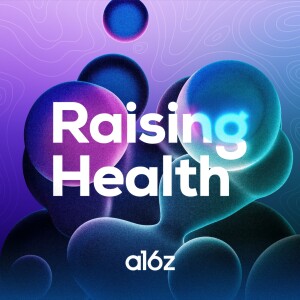
Move over microdosing, there is a new approach to psychedelic medicine. Psychedelics — like LSD and psilocybin — are some of the most powerful drugs that affect our brains, but their therapeutic potential has been limited due to their adverse side effects. This is where the work of today's guest, Dr. David Olson (@DEOlsonLab) of UC Davis, comes in. He talks to host Lauren Richardson (@lr_bio) about his lab's effort to develop new drugs based off the structure of psychedelics that retain their therapeutic properties, but that have better safety profiles, and that importantly, are non-hallucinogenic. The conversation covers his team’s recent Nature paper creating a non-hallucinogenic derivative of ibogaine, the evidence from animal models of its ability to treat depression and alcohol- and heroin-seeking behaviors, and the unexpected challenges facing the psychedelic medicine field.
David Olson, Ph.D, Assistant Professor at the University of California, Davis, joins host Lauren Richardson to discuss the results and implications of the article "A non-hallucinogenic psychedelic analogue with therapeutic potential" by Lindsay P. Cameron, Robert J. Tombari, Ju Lu, Alexander J. Pell, Zefan Q. Hurley, Yann Ehinger, Maxemiliano V. Vargas, Matthew N. McCarroll, Jack C. Taylor, Douglas Myers-Turnbull, Taohui Liu, Bianca Yaghoobi, Lauren J. Laskowski, Emilie I. Anderson, Guoliang Zhang, Jayashri Viswanathan, Brandon M. Brown, Michelle Tjia, Lee E. Dunlap2, Zachary T. Rabow, Oliver Fiehn, Heike Wulff, John D. McCorvy, Pamela J. Lein, David Kokel, Dorit Ron, Jamie Peters, Yi Zuo & David E. Olson, published in Nature.
More Episodes
 2024-10-08
2024-10-08
 2024-09-30
2024-09-30
 2024-09-24
2024-09-24
 2024-09-17
2024-09-17
 2024-09-10
2024-09-10
 2024-09-03
2024-09-03
 2024-07-16
2024-07-16
Create your
podcast in
minutes
- Full-featured podcast site
- Unlimited storage and bandwidth
- Comprehensive podcast stats
- Distribute to Apple Podcasts, Spotify, and more
- Make money with your podcast
It is Free
- Privacy Policy
- Cookie Policy
- Terms of Use
- Consent Preferences
- Copyright © 2015-2024 Podbean.com





